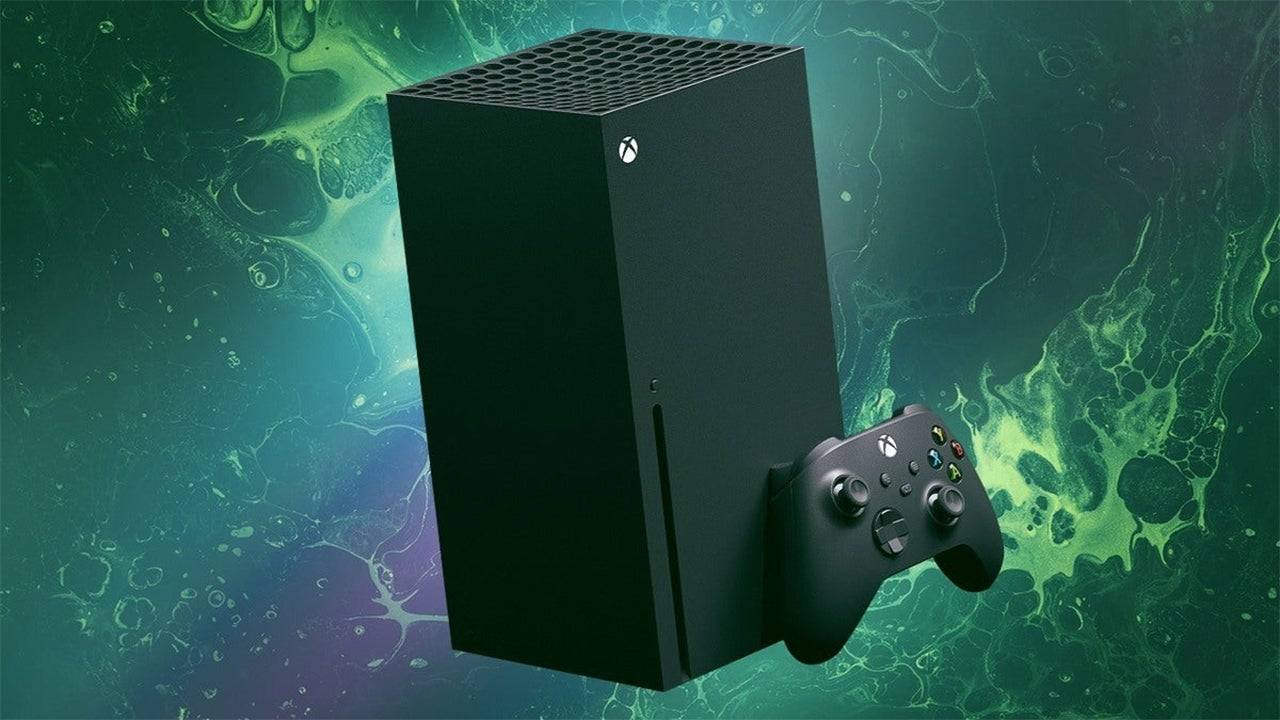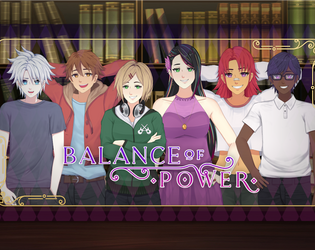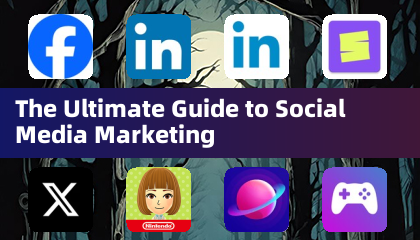The debate between PlayStation and Xbox has long been a staple of the gaming community, often sparking passionate discussions across platforms like Reddit, TikTok, and among friends. While some gamers swear by the versatility of PC gaming and others remain loyal to Nintendo, the bulk of the last two decades in video game history has been shaped by the rivalry between Sony and Microsoft. Yet, with the rapid evolution of the gaming industry, the traditional 'console war' narrative has shifted dramatically. Gamers today have more options than ever, from handheld devices to custom-built gaming rigs, and the landscape has changed significantly. So, has a definitive winner emerged in this ongoing battle? The answer might surprise you.
The video game industry has transformed into a financial powerhouse, with global revenues soaring from $285 billion in 2019 to an impressive $475 billion in 2023. This figure eclipsed the combined earnings of the global movie and music industries, which totaled $308 billion and $28.6 billion respectively in the same year. Projections suggest that by 2029, the gaming industry could reach nearly $700 billion, a testament to its growth from humble beginnings like Pong.
This booming industry has attracted Hollywood stars such as Mads Mikkelsen, Keanu Reeves, Jon Bernthal, and Willem Dafoe, who have lent their talents to games in recent years. Their participation underscores the shifting perception of video games as a legitimate and lucrative medium. Even giants like Disney are making significant strides into gaming, with a $1.5 billion investment in Epic Games as part of Bob Iger's strategy to establish a gaming presence. However, not all companies are riding this wave of success, particularly Microsoft with its Xbox division.

The Xbox Series X and S were designed to surpass the Xbox One in every aspect, yet they have struggled to captivate consumers. The Xbox One outsells the Series X/S by nearly double, and according to Mat Piscatella from Circana, this console generation may have already peaked in sales. In 2024, the Xbox Series X/S sold less than 2.5 million units throughout the year, while the PlayStation 5 achieved the same sales figure in just the first quarter. Furthermore, rumors suggest that Xbox might be scaling back its physical game distribution and potentially withdrawing from selling consoles in the EMEA region, signaling a retreat in the console war.
However, Xbox hasn't just retreated; it has effectively surrendered. During the Activision-Blizzard acquisition, Microsoft acknowledged that it never believed it could win the console war. With the Xbox Series X/S struggling to match the sales of its predecessor and Microsoft openly discussing its challenges, the company is shifting away from the traditional console market.
Xbox is now focusing on Xbox Game Pass, which has become a priority. Leaked documents reveal the high costs Xbox is willing to pay for AAA titles on its subscription service, such as $12-15 million per month for Grand Theft Auto 5 and $300 million for Star Wars Jedi: Survivor. This shift is evident in Microsoft's 'This Is An Xbox' campaign, which redefines Xbox as an accessible service rather than just a piece of hardware.
The reimagining of Xbox extends beyond the traditional console, with rumors of an Xbox handheld in development, supported by documents hinting at a 'hybrid cloud gaming platform.' Microsoft's strategy pivot is clear, from plans to launch a mobile game store to compete with Apple and Google, to Xbox chief Phil Spencer acknowledging the dominance of mobile gaming in shaping the company's future. Xbox aims to be a brand you can play anytime, anywhere.

Microsoft's shift is driven by the overwhelming popularity of mobile gaming. In 2024, out of the estimated 3.3 billion gamers worldwide, over 1.93 billion play on mobile devices. Mobile gaming's market valuation reached $92.5 billion in 2024, half of the total video game industry's $184.3 billion, while console gaming accounted for just $50.3 billion, a 4% drop from the previous year. This trend isn't new; by 2013, mobile gaming in Asia already outpaced the West, with games like Puzzle & Dragon and Candy Crush Saga outperforming GTA 5 in profits. Over the 2010s, mobile games dominated the highest-grossing titles, with many of these games becoming cultural phenomena despite not being as widely recognized as console blockbusters.
Mobile gaming's dominance is particularly pronounced among Gen Z and Gen Alpha, reshaping the gaming landscape. Yet, it's not just mobile devices drawing gamers away from consoles. PC gaming has also seen significant growth, with an increase of 59 million new players each year since 2014, reaching 1.86 billion in 2024. Despite this rise, the gap between console and PC gaming has widened to $9 billion, indicating a complex market dynamic.

On the other side of the console war, PlayStation is thriving. Sony reported 65 million PS5 units sold, significantly outpacing the Xbox Series X/S's combined 29.7 million units. For every Xbox Series X/S sold, five PS5s find a home. Sony's Game and Network Services saw a 12.3% profit increase, driven by strong sales of first-party titles like Astro Bot and Ghost of Tsushima Director's Cut. Projections suggest Sony could sell 106.9 million PS5s by 2029, while Microsoft expects to sell between 56-59 million Xbox Series X/S units by 2027. Phil Spencer's willingness to bring Xbox titles to PlayStation and Switch further cements PlayStation's dominant position.
However, the PS5's success story has its caveats. Half of PlayStation users still play on PS4s, and the PS5 has only a handful of exclusive titles, with just 15 genuine PS5-exclusives not including remasters. This lack of compelling exclusives makes the PS5's $500 price tag hard to justify for many. The $700 PS5 Pro, released early in the console's lifecycle, received a lukewarm reception, with tech journalists questioning its value, particularly given the games showcased were upscaled remasters. The upcoming release of Grand Theft Auto 6 could change this narrative, offering a chance for the PS5 to showcase its capabilities.
The traditional console war seems to be fading, with Microsoft acknowledging its inability to compete effectively with Sony. PlayStation, while successful, struggles to justify its price with a limited lineup of exclusives. The true victor in this evolving landscape appears to be mobile gaming, which is increasingly influencing the gaming industry's direction. Rumors of mobile gaming giants like Tencent making significant moves in the console space underscore this shift. The future of gaming will likely be defined more by cloud gaming and mobile platforms than by console hardware supremacy. The console war may be over, but the battle for mobile gaming dominance has just begun.















